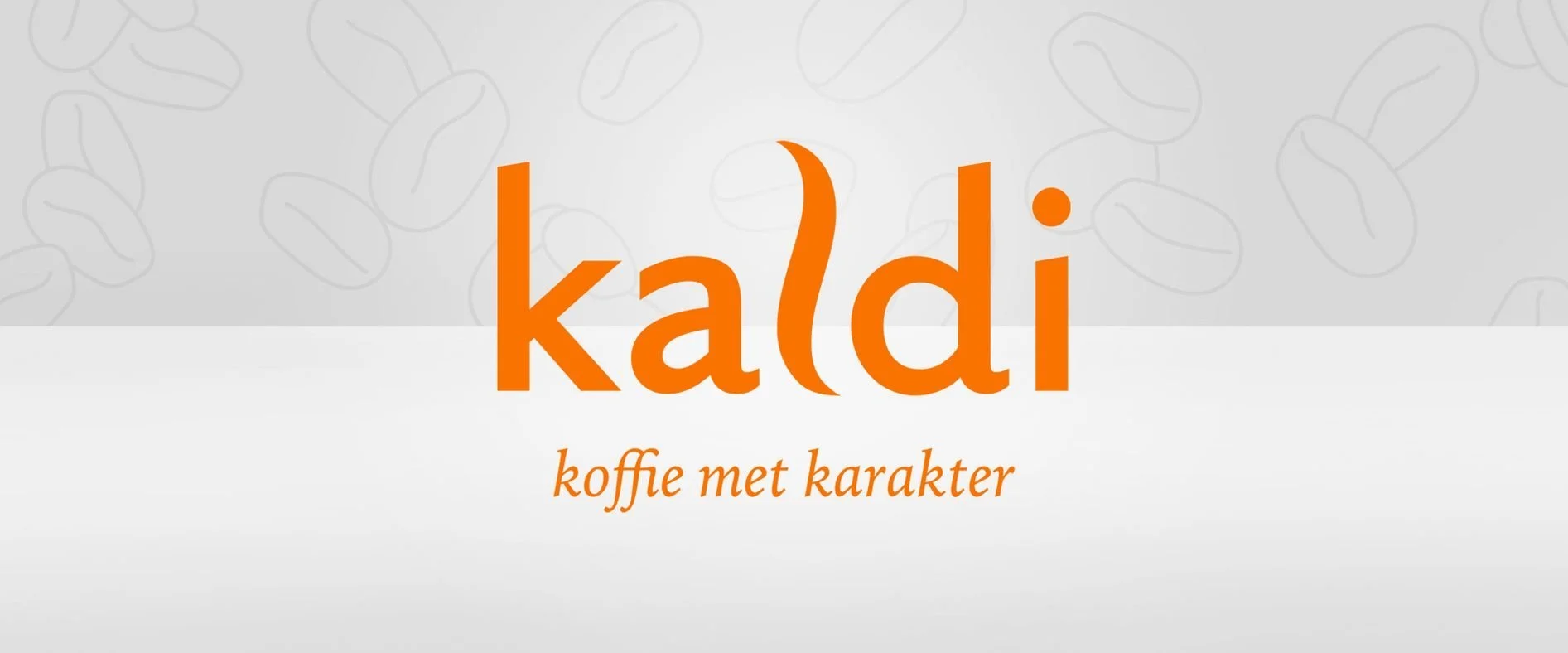personal coffee passport
Your coffee farm: Finca La Joya
FARMER: Ibis Adamick
LOCATION: Nueva Segovia, Nicaragua
CULTIVARS: Mundo Novo, Catuaí, Caturra, Bourbon, Maracaturra, Pacamara, Java, Parainema, Geisha, Typica
FARM SIZE: 9 hectares (13 manzanas)
ALTITUDE: 1,350 meters above sea level
EXPORTER: Café Vidita
IMPORTER: This Side Up Coffees
ROASTER: Special Roast
About the farmer
Being the fourth generation of coffee growers in the family has made Ibis an extremely knowledgeable coffee producer and Q-grader. Besides managing his estate in Nueva Segovia, Ibis works full-time in Santa Lucila’s (Café Vidita) laboratory - being the head of quality control of the exporter. Over the years, he’s gained the experience and steadiness to diversify this way, and has become a valuable asset to the exporting business in the region.
Ibis grew up amongst coffee, which has been in his family for over 100 years. Besides coffee, at “ La Joya” they also grow bananas, taro, oranges, and flowers. “I love coffee and everything that has to do with it.” He shares.
Finca la Joya is a family owned estate located in Nueva Segovia, close to the Honduran border. Ibis and his family also grow taro, orange, banana and flowers.
Finca La Joya - coffee specs
what to taste for
Aroma: thick and fruity.
Body: round mouthfeel, pleasantly acidic.
Acidity: pineapple, tamarind, lime.
Aftertaste: raspberry.
PROCESSING your coffee
Coffee cherries are harvested at their ripest point, selected and naturally processed. They are then driven to Santa Lucila in ventilated boxes, for dry milling, sorting and exporting. During the season, Ibis sometimes makes around two round trips from his estate, to the drymill. This is a long process, since not so many boxes fit on the truck and the dirt road is bumpy and complicated to drive.
ROASTING YOUR COFFEE
Special Roast uses a 22kg Probat UG22 roaster, that has been built in 1965. The roast time is 10 minutes. After the first crack, the coffee is roasted for a remainder of 25% of the time.
Relative PRICE BREAKDOWN
61%
The percentage of the sales price that the Paguaga family pays Ibis for their wet parchment.
10%
Total costs of drying and dry processing the coffee. This includes drying to perfection on raised beds, and processing, sorting, grading in state of the art equipment before exporting.
8%
The approximate total shipping costs and fees from Ocotal, Nicaragua to Amsterdam, the Netherlands.
5%
Average financing cost we have to pay social lenders and banks - simply because we don’t have the money in the bank to buy such large amounts of coffee all at once. This ensures immediate payment to Cafe Vidita when the coffee leaves the port.
16%
This Side Up compensation for spending time and resources importing this coffee. Work includes financing, warehousing, managing export, import and shipping bureaucracy, Q grading, sampling and promoting this coffee.
Background of this coffee in the Netherlands
Some of This Side Ups older clients might remember our Nicaraguan single family lots, traceable farm lots that we offered from 2015 to 2018. Sadly, because grave mismanagement of our then export ally, we had to pull out and leave this country which we hold so dear - but it was when Arjan van der Hoek from Bean Brothers introduced us to Rina and René Paguaga that we regained hope. We were immediately drawn to their transparency, care for quality - but most of all, their integrity.
Vidita means "little life" in Spanish and is inspired by how 97 year old founder René senior used to call Rina's and René's mother, Carolina. Their third generation business used to sell all their production to “Big Coffee”, but when Rina got to experience firsthand what actually happened to their carefully harvested and well-nourished coffee, she was shocked: "they were really not paying attention to details. I said to myself: this coffee doesn't represent my country, and we decided to do something about it." Although their estate is more than 60 years old, it was not until 2007 that they became fully independent. Once they broke free, the results became palpable almost immediately when the coffee processed at their mill won several international recognitions and began selling as specialty coffee. "Nicaraguan coffee can be the best in the world," says Rina, "and we really want to offer the best of what this country has to offer, and we believe we're on the right path".
Today, Santa Lucila dry mill and their brand Café Vidita is the heart of the operations of their family's five estates and a gathering center for producers in the region. Besides providing good prices and fair wages for a region where it’s very difficult to make a living, the Paguaga family manages healthy ecosystems and a deeply studied production system. In light of the country’s history, it would have been much easier in their shoes to turn away from coffee production as many others did. Their commitment to it, even in the most extreme circumstances, is admirable to say the least. A partner like this makes us excited about reestablishing This Side Up in our beloved Nicaragua - here’s to new a beginning!














